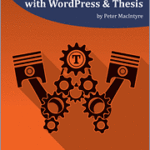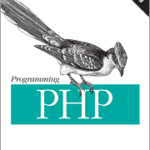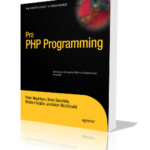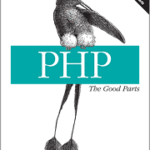Peter MacIntyre
Peter MacIntyre has over 34 years of experience in the IT industry, primarily in the area of PHP and Web Technologies. He has contributed writing material for many IT industry publications: Author of “PHP: The Good Parts” (O’Reilly); co-author: Programming PHP (4th Edition – O’Reilly), WordPress Development In Depth (PHP|Architect), and Pro PHP Programming (APress), among others.
Peter is a co-founder and past co-chair for the Northeast PHP Developer’s Conference previously held in Boston, MA & Charlottetown, PE Canada. As well, Peter has spoken several times at North American and International computer conferences including PHP Day 2019 in Verona Italy, PHPCE 2017 in Warsaw, Poland; PHP[World] 2016 in Washington, DC; ZendCon 2016 in Las Vegas, NortheastPHP 2017 & 2016 (Charlottetown, PE, Canada), Prairie Dev Con 2016 in Winnipeg, MB, Canada, CA-World in New Orleans, USA; CA-TechniCon in Cologne, Germany; and CA-Expo in Melbourne, Australia.
He is a 3 time PHP Certified Engineer in PHP 7.4, 5.3 and 4.0 
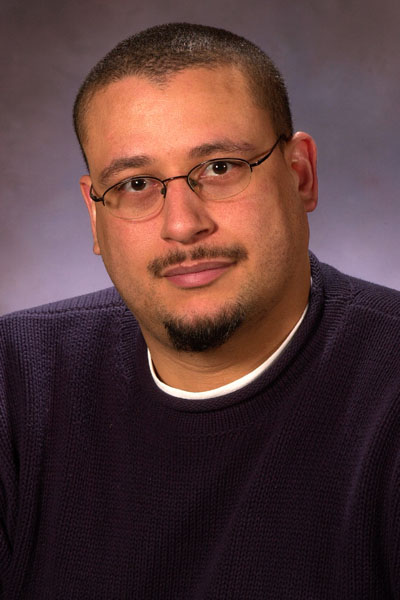
Paladin: 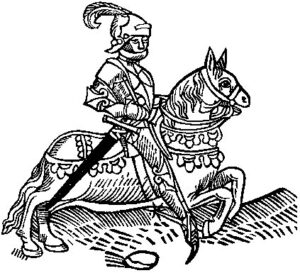 One of Charlemagne’s twelve peers, and by a similar description King Arthur’s knights of the Round Table. The word has been extended to be applied to any medieval champion or knight of distinctive virtue.
One of Charlemagne’s twelve peers, and by a similar description King Arthur’s knights of the Round Table. The word has been extended to be applied to any medieval champion or knight of distinctive virtue.
These are the holy warriors of the realm. Dedicated to fighting for their deity, they are serious fighters with minor priestly powers. They can use any weapon or armor, but prefer swords. Most Paladins will actively help anyone in need, even risking their own lives to save the ones they aid. Compassion, determination, and devotion describe the nature of the paladin.
Endowed with tremendous gifts, paladins oppose the cruel and the malevolent wherever they are found. Paladins are champions of the innocent. Even the least experienced paladin can detect the presence of the arcane, and more experienced paladins can smite arcane foes and turn them away or turn them to the good.
All paladins are members of the True Faith, but their intensely personal relationship with their God means they need not follow a specific tradition. Paladins are born, not made: nobody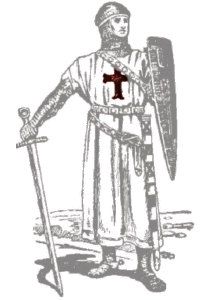 chooses to become a paladin, and you cannot become one through practice. It is possible to fail to recognize “the call”, or to deny it. Most paladins, however, answer “the call” sooner or later, and find a more experienced paladin to teach them “the way”.
chooses to become a paladin, and you cannot become one through practice. It is possible to fail to recognize “the call”, or to deny it. Most paladins, however, answer “the call” sooner or later, and find a more experienced paladin to teach them “the way”.
Knight: The word deriving from the Anglo-Saxon Cniht, that described the office arising out of the warrior of the 11th century into a class of the lower nobility charged with fighting for the liege lord and maintaining lordship over the demense, managing it and defending the people in exchange for scutage from the property that supported him. Originally a purely martial description from the Latin miles, the definition of what it meant to be a knight changed as the influenc
es of an increasingly formal court and activist church added expectations to the behavior of real knights. Throughout the medieval period, the role of the knight was changing, stretched between the conflicting demands of lady, court, church and battlefield. But the ideal of chivalry, the virtues to which a knight was to aspire, remain a powerful evocation of the best of Western culture, and this power remains today.

